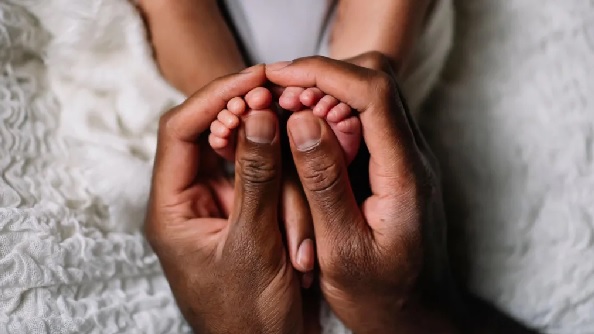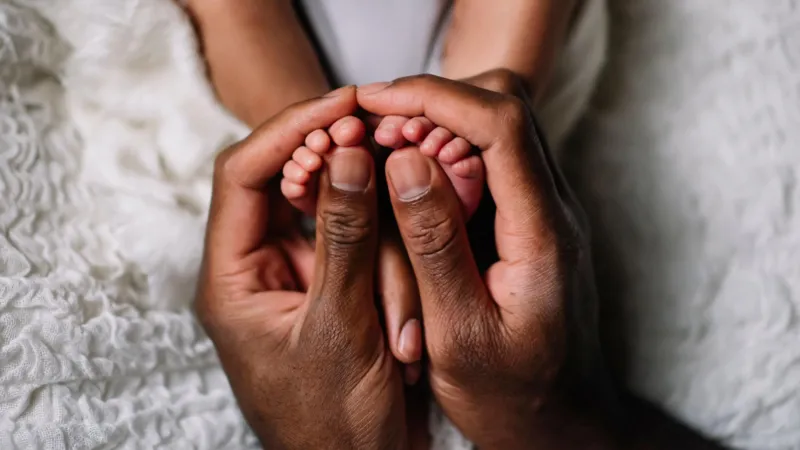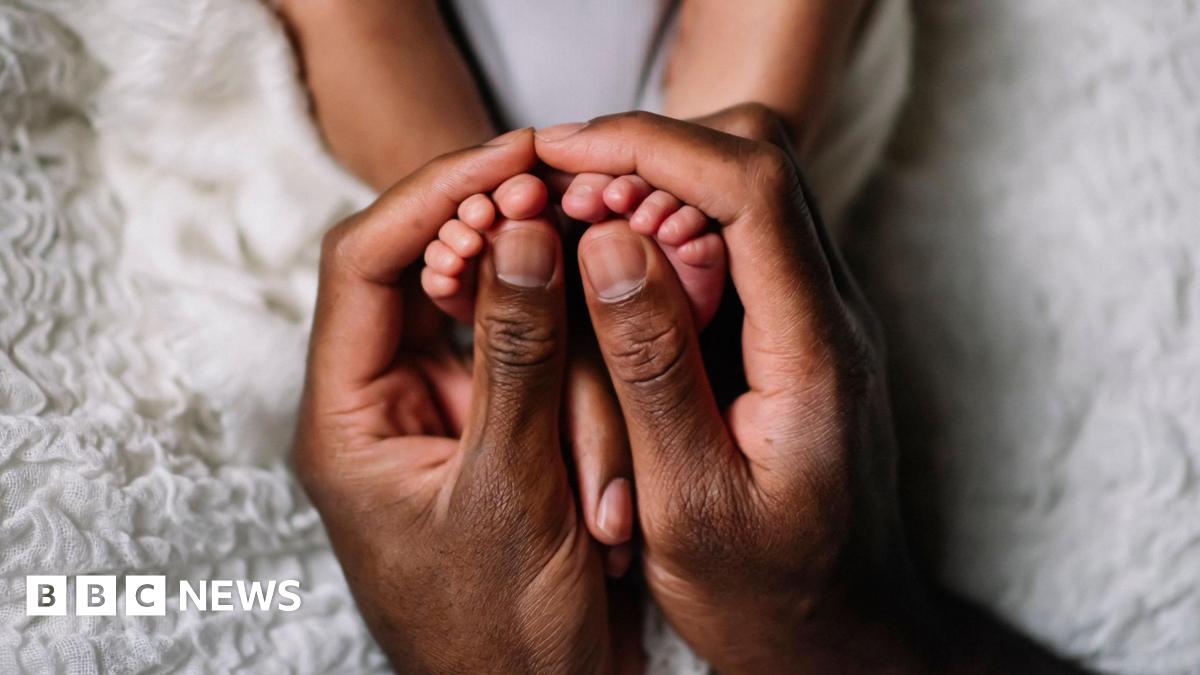South Africa's Constitutional Court Grants Equal Parental Leave to All Parents
In a landmark ruling, South Africa's Constitutional Court has unanimously declared that all parents are entitled to equal parental leave, regardless of gender or family structure. This decision marks a significant victory for gender equality and family rights in the country.
The Ruling and Its Implications
The court found that the previous legislation, which granted four months of leave to birth mothers but only 10 days to fathers, adoptive parents, and parents of children born via surrogacy, was unconstitutional. The ruling invalidates sections of the Basic Conditions of Employment Act (BCEA) and the Unemployment Insurance Fund (UIF) Act that perpetuated this discrimination.
The court emphasized that both parents should be entitled to share a total of four months and ten days of parental leave. If only one parent is employed, that parent may take the full leave allocation.
"The protection of birth mothers to the exclusion of other parents has the unfortunate consequence of perpetrating the assumption that women are and should be the primary caregivers of children. The father is marginalized and deprived of the opportunity to involve himself as a parent in the upbringing of the baby during the early stages of life." - Justice Zukisa Tshiqi
Background of the Case
The case was brought before the court by various parties, including a married couple, Werner and Ika van Wyk, the Commission for Gender Equality, and Sonke Gender Justice. The petitioners argued that the existing legislation unfairly discriminated against parents who were not birth mothers, perpetuating traditional gender roles and limiting fathers' involvement in early childcare.
The Gauteng High Court had previously ruled in 2023 that certain sections of the BCEA and UIF Act were unjust and violated the rights of various family structures, setting the stage for the Constitutional Court's confirmation.
The Court's Reasoning
Justice Zukisa Tshiqi, delivering the ruling, stated that the existing law was outdated and unfairly burdened mothers while excluding fathers. She emphasized that the ruling was not only about gender equality but also about protecting the dignity of families and the wellbeing of children.
The court recognized that equal parental leave is crucial for children's development and allows both parents to actively participate in their child's early life.
"The unequal treatment not only marginalises parents but also deprives children of the opportunity to be with their caregivers during a crucial period of nurturing and adjustment to their new environment." - Justice Zukisa Tshiqi
Implications for Employers and the Future
The Constitutional Court has suspended its declaration of invalidity for 36 months (3 years), giving Parliament time to amend the current laws to align with the judgment. In the meantime, parents will be entitled to decide how they want to share the four months and 10 days of leave.
Legal experts have warned that employers will need to adjust their current leave policies to comply with the ruling, including reforming HR systems, payroll structures, and UIF claim processes. Tsietsi Shuping from the Commission for Gender Equality noted that the current law "did not reflect evolving societal norms around parenting."
| Aspect | Detail |
|---|---|
| Previous Law | Mothers: 4 months maternity leave; Fathers: 10 days paternity leave |
| New Ruling | Both parents can share 4 months and 10 days of parental leave |
| Suspension Period | 36 months for Parliament to amend laws |
| Affected Acts | Basic Conditions of Employment Act (BCEA) and Unemployment Insurance Fund Act (UIF) |
 Visit the website
Visit the website






